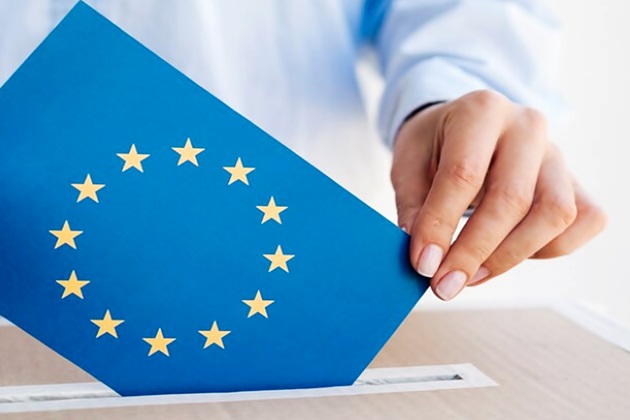935

The EU countries failed to reach the required qualified majority to approve the European Commission's proposed 10-year extension for the controversial herbicide glyphosate. The next crucial vote is set to take place in the first half of November.
The European Commission sent a draft regulation to EU member states in September, which entails the renewal of glyphosate approval, the most widely used herbicide in the EU, for the EU market after December 15 this year when the current approval expires.
Representatives of EU countries had the chance to approve or block the draft regulation in a closed-door vote within the Standing Committee on Plants, Animals, Food, and Feed (PAFF Committee) on Friday (October 13).
Diplomatic sources confirmed to Euractiv that the EU member states voting against were Austria, Luxembourg, and Croatia, while Bulgaria, Belgium, Germany, Malta, the Netherlands, and France abstained.
According to the procedural rules, abstentions are considered as not supporting the approval of a regulation but do not contribute to forming a qualified majority against the proposal.
Since there was no sufficient majority, which requires 15 out of 27 member states and representing at least 65% of the total EU population, in favor or against the proposal, the EU executive decided to forward the commission's proposal to the appeal committee, which will review the proposal in the first half of November.
Like the Standing Committee, this appeal body operates with qualified majorities, meaning the only way to block the renewal of the authorization is for a qualified majority of member states to actively vote against the proposal.
If at this stage there is still no qualified majority either for or against, the Commission is tasked with deciding on its own based on the elements at its disposal.
"For now, given that the European Food Safety Authority (EFSA) and many colleagues from many different states have analyzed huge amounts of scientific data, we believe we have a good proposal," a Commission spokesperson told journalists on Friday (October 13).
If the process is not completed by December 15, when the current approval expires, a EU official previously explained to Euractiv that the EU executive will automatically extend the current agreement temporarily, as it has done once before.
Some countries have recently called for changes to the Commission's proposal; for example, France would like to reduce the substance's approval to seven years instead of ten.
"The text that was voted today in the committee will be the same text that will go to the appeal committee," the Commission spokesperson said.
According to another EU spokesperson, the Commission has already made some changes to the proposal between September 22 and October 5, mainly involving the protection of groundwater and surface water, referring to vulnerable areas, and strengthening the protection of small herbivore mammals.
Pascal Canfin, the President of the European Parliament's environment committee, a liberal parliamentarian close to French President Emmanuel Macron, called on the Commission President Ursula von der Leyen "to change this unacceptable proposal" in a tweet.
The EU farmers' association Copa-Cogeca "takes note of the outcome of this vote while urging member states to take responsibility," the lobby group said in a press release.
EU farmers also emphasized that "there is no equivalent alternative to this herbicide yet, and without it, many agricultural practices, especially soil conservation, would become complex, leaving farmers without solutions."
The PAN Europe activist group welcomed the failure to reach a qualified majority for the reapproval of glyphosate. "This is a significant signal. It addresses the concerns of the majority of Europeans about the impact of pesticides on health and the environment," commented Gergely Simon, Senior Policy Officer at PAN Europe.
Irish Green MEP Grace O'Sullivan also welcomed the news. "I understand that the vote was close, so we must redouble our efforts to convince agriculture ministers, including our own, to end the use of glyphosate once and for all," she said.




